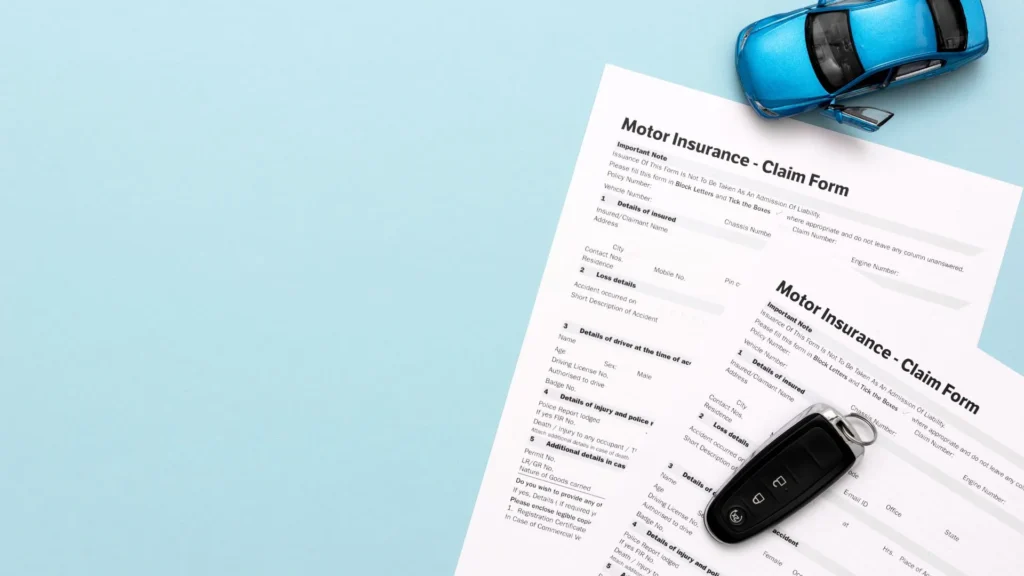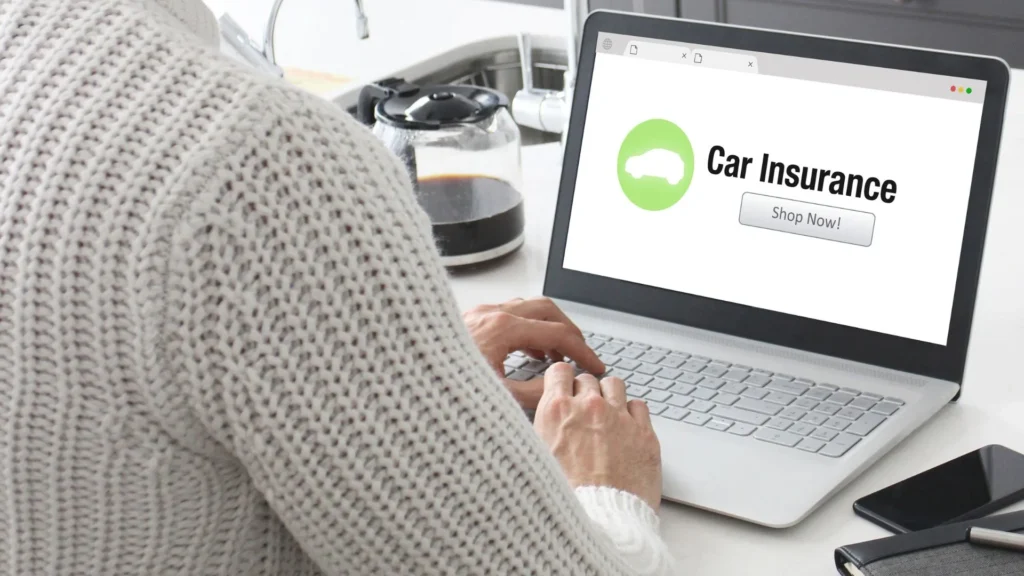While buying car insurance, you must have the right coverage to fulfill all your needs. But what if you’re considering insuring a car that is not in your name? If you usually drive a car not in your name, this article may interest you.
Can I insure a car not in my name? This common question often comes to mind if you drive a vehicle not registered in your name. To keep it simple, you can insure a car not in your name. However, the process may be more complex than insuring a vehicle in your name. You may come across certain risks associated with this type of auto insurance. Let’s explore the rules and regulations surrounding insuring a car not in your name and the aspects you need to know before deciding.
Can I Insure a Car Not in My Name?
You are mandated to carry auto insurance to drive legally in most states. But what to do if you are driving a vehicle that is registered in someone else’s name? In most scenarios, you may not be able to buy car insurance on a vehicle that is not in your name. For instance, if you are gifted a car registered in your parent’s name, then the legal owner must insure it.
Thankfully, some policies provide coverage for non-vehicle owners. While you can insure a car not in your name, you may need an insurable interest in the vehicle to purchase the coverage. It means you must show that you will bear the financial loss if the car is damaged or destroyed.
Who Can Insure a Car Not in Their Name?
Anyone with an insurable interest in the car can get the vehicle insured. Some of them include:
Spouses or Partners
If you are married or in a domestic partnership, you can insure a car not in your name. It is because you likely share financial responsibilities, and any loss or damage to the vehicle would impact both of you.
Parents and Children
Parents can insure a car not in their child’s name, and vice versa. It is because parents are financially responsible for their children, and the loss or damage to the car would impact the family’s finances.
Business owners
If you are a business owner and the vehicle is used for business purposes, you can insure it in the company’s name.
Documentation Required to Insure a Car Not in Your Name
To get your vehicle insured, you must provide certain documentation to the insurance company, including the following:
Proof of Insurable Interest
You must show that you have an insurable interest in the car. It could be a title or registration in your name or proof that you are a spouse, parent, or business owner.
Permission From the Owner
You must obtain permission from the car’s owner to insure it. It could be a written agreement or a verbal agreement.
Driver’s Information
You must provide information about the drivers who will use the car, including their age, driving record, and other relevant details.
How Can I Get Car Insurance?
You can follow these methods to get a car insured not in your name:
Add Yourself to Owner’s Insurance Policy
If the car’s owner has an insurance policy, you can add yourself as a driver. With this, you can drive the car and be covered by the owner’s insurance policy. To add yourself as a driver, contact the insurance provider and give them the required information. They’ll likely ask for your driver’s license number, driving record, and other personal information.
Getting a Non-Owner Car Insurance Policy
Apply for a non-owner car insurance policy if you don’t want to be added to the owner’s insurance policy. However, it provides liability coverage only. A non-owner car insurance policy typically covers bodily injury and property damage liability but won’t cover collision or comprehensive coverage. If you’re in an accident and the car is damaged, you’ll be responsible for paying for the repairs.
Getting a Joint Car Insurance Policy
If you will drive the car regularly, consider getting a joint car insurance policy with the owner. This policy will provide coverage for both you and the car’s owner. To get a joint car insurance policy, contact the insurance company and give them your and the owner’s information. They’ll likely ask for your driver’s license number, driving record, and other personal information.
When Can You Buy a Non-Owner Insurance Policy
If you regularly use rental cars, this is the best option. If you own a valid driver’s license but do not own an automobile and generally rent a car or often use your friends or family’s vehicle, then you should opt for Non-owner car insurance.
Remember, a non-owner car insurance policy provides limited benefits, such as only liability coverage. This coverage protects you during any accident but won’t cover the cost of vehicle damage.
What Does Non-Owner Insurance Cover?
The type of coverage largely depends on your policy and the state you live in. A typical non-owner car insurance policy would cover the following:
| Typical Coverage | Optional or State-Required Coverage | No Coverage |
| Bodily injury (BI) liability coverage | Medical payments coverage (MedPay) | Comprehensive insurance |
| Property damage (PD) liability coverage | Personal injury protection (PIP) | Collision insurance |
| Underinsured/uninsured motorist bodily injury | ||
| Uninsured/underinsured motorist property damage |
What To Do Instead of Getting Non-Owner Insurance?
There are certain conditions wherein you do not qualify for a Non-owner car insurance policy, or buying one may not be an excellent option. Here is a list of such exceptions.
| Scenario | What To Do Instead |
|---|---|
| You usually borrow a roommate’s car. | Get listed on that person’s policy. |
| Someone in your family has a car. | Get listed on the owner’s policy. |
| You drive your company car. | Non-owner coverage isn’t required. |
| You already own a car. | Opt for a car insurance policy that covers you when you rent cars. |
Risks Associated With Insuring a Car Not In Your Name
While it is possible to insure a car that is not in your name, there are some risks to consider. These include:
- Insufficient coverage: It is advisable to have an insurable interest in the car to purchase the right level of coverage. This could leave you financially vulnerable in an accident or other loss.
- Liability issues: If an accident takes place while driving a car not registered in your name, you could be liable for damages and face legal and financial consequences.
- Ownership disputes: If there is a dispute over car ownership, your insurance coverage could be jeopardized, leaving you without coverage in emergencies.
Tips for Insuring a Car Not in Your Name
These tips will help you navigate the process of insuring a car that is not in your name:
- Check the Rules in Your State: Before shopping for car insurance, check the rules and regulations in your state to better understand what type of insurance policy you need.
- Shop Around for Insurance Quotes: After confirming the type of insurance policy you need, shop for the best quotes. Be sure to compare the rates and coverage various insurers offer for the best deal.
- Be Honest About Your Driving Record: When applying for car insurance, be honest about your driving record. Auto insurance providers often check your driving record and your history of accidents or violations could affect your premiums.
- Consider Bundling Your Insurance Policies: If you have purchased a number of insurance policies, such as homeowner’s or renter’s insurance, consider bundling them with your car insurance to avail of great discounts.
Conclusion
This blog helped answer a looming question: Can I insure a car not in my name? While you can insure a car not in your name, rules and regulations around the coverage can vary from state to state. Checking the laws in your state before shopping for car insurance is critical. Follow the aforementioned tips and tricks and do your own research to find the right car insurance policy to meet your needs and protect you on the road.





























